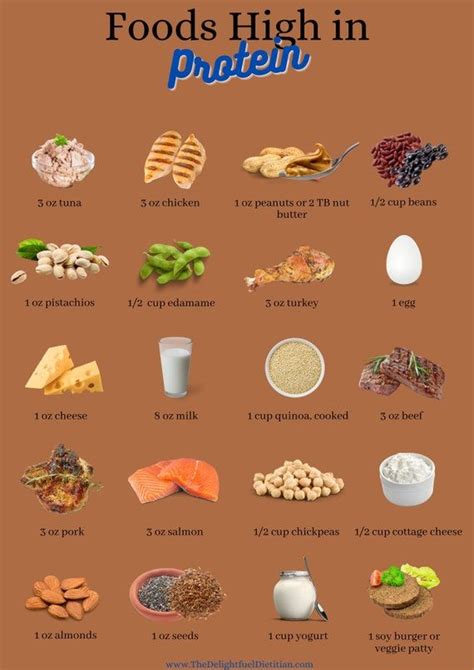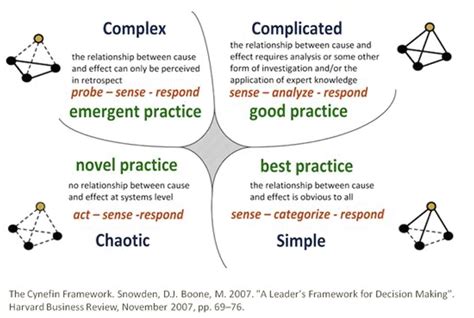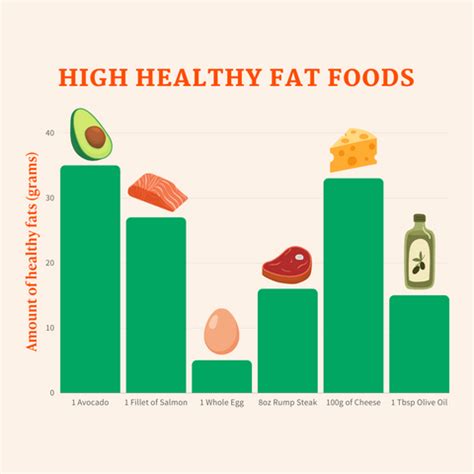What macros optimize men’s energy, focus, and lean muscle?

The Macro Blueprint for Men: Energy, Focus, and Muscle
For men aiming to maximize their physical and mental performance, understanding the role of macronutrients—proteins, carbohydrates, and fats—is paramount. These are not just fuel sources; they are the building blocks and regulators of virtually every bodily function, directly impacting energy levels, cognitive sharpness, and the ability to build and maintain lean muscle mass. Optimizing your intake of these essential macros can unlock a new level of vitality and achievement.

Protein: The Foundation of Strength and Satiety
Protein is arguably the most critical macronutrient for men focused on lean muscle development. Composed of amino acids, it’s essential for muscle repair and growth, enzyme production, hormone regulation, and supporting a robust immune system. Adequate protein intake helps prevent muscle breakdown, especially during periods of calorie restriction or intense training. Furthermore, protein has a high thermic effect of food (TEF), meaning your body expends more energy to digest it, contributing to satiety and potentially aiding in body fat management.
- Optimal Intake: Generally, 1.6 to 2.2 grams of protein per kilogram of body weight is recommended for active men.
- Sources: Lean meats (chicken, beef, turkey), fish (salmon, tuna), eggs, dairy (Greek yogurt, cottage cheese), legumes, and plant-based protein powders.

Carbohydrates: Fueling Performance and Mental Clarity
Often misunderstood, carbohydrates are the body’s primary and preferred energy source. For men seeking sustained energy for workouts and sharp mental focus, complex carbohydrates are key. They provide glucose, which fuels both muscles and the brain. Insufficient carb intake can lead to fatigue, reduced athletic performance, and difficulty concentrating. Prioritizing whole, unprocessed carbohydrate sources ensures a steady release of energy, preventing sugar spikes and crashes.
- Optimal Intake: Varies greatly depending on activity level, but typically 45-60% of total daily calories for active individuals.
- Sources: Whole grains (oats, brown rice, quinoa), sweet potatoes, fruits, and vegetables. Limit refined sugars and highly processed grains.

Healthy Fats: Essential for Hormones and Brain Health
Fats play a crucial, often underestimated, role in men’s health, particularly for hormone production (including testosterone), nutrient absorption, and cognitive function. Healthy fats contribute to cell membrane integrity and provide a concentrated source of energy. Omega-3 fatty acids, in particular, are vital for brain health, reducing inflammation, and supporting cardiovascular well-being, all of which contribute to better focus and sustained energy.
- Optimal Intake: Typically 20-30% of total daily calories, prioritizing unsaturated fats.
- Sources: Avocados, nuts (almonds, walnuts), seeds (chia, flax), olive oil, fatty fish (salmon, mackerel), and coconut oil.

Finding Your Personal Macro Balance
While general guidelines exist, the optimal macro ratio for energy, focus, and lean muscle is highly individual. Factors like age, activity level, body composition goals, and metabolic rate all play a role. Experimentation and tracking your intake can help you identify what works best for your body. Consistency and quality are as important as quantity; focus on nutrient-dense, whole foods to get the most out of your macro intake. Consulting with a nutritionist or dietitian can provide personalized guidance to fine-tune your approach.

Conclusion: A Holistic Approach to Men’s Wellness
Optimizing your macronutrient intake is a powerful strategy for men seeking to elevate their energy, sharpen their focus, and build a strong, lean physique. By consciously prioritizing adequate protein for muscle, complex carbohydrates for sustained energy, and healthy fats for hormonal balance and cognitive health, you lay a solid nutritional foundation. Remember, this isn’t just about fueling your body; it’s about nourishing your performance and overall well-being.








